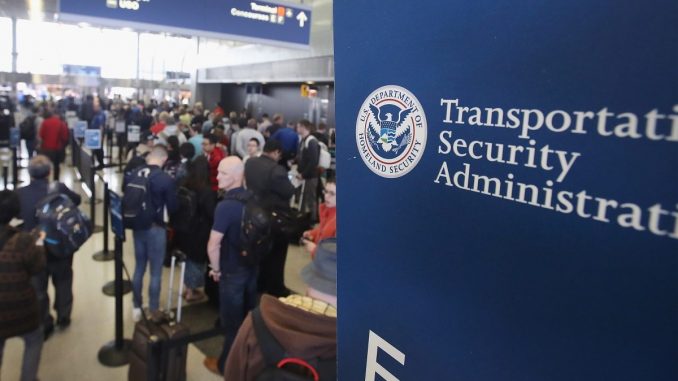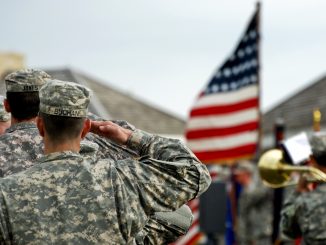
- The Transportation Security Administration introduced changes to their screening procedures in order to be more sensitive towards the specific needs of the members of the transgender community.
- A study, however, revealed that half of transgender respondents reported negative experience during checkpoints.
- Advocates urged the agency to move beyond its current screenings tests, advanced imaging and pat-down, in order to protect transgender individual’s privacy, dignity, and liberty.
The United States’ transport agency tasked for security has vowed to improve screening for transgender screening as revealed by transgender news stories published by USA Today on February 27.
The Transportation Security Administration (TSA) said that it had introduced changes to their screening procedures in order to be more sensitive towards the specific needs of the members of the transgender community.
Negative travel experience
On its website, TSA said, “TSA recognizes the concerns that some members of the transgender community may have with certain security screening procedures at the nation’s security checkpoints. TSA is committed to ensuring all travelers are treated with respect and courtesy. Screening is conducted without regard to a person’s race, color, sex, gender identity, national origin, religion or disability.”
However, during a congressional panel hearing, a 2015 survey found that about half of transgender travelers in the previous year disclosed that they had negative experience.
There were 28,000 transgender respondents that participated in the survey conducted the National Center for Transgender Equality (NCTE), a trans rights advocacy group.
The study showed that 53% of the respondents have travelled by taking flights in the previous year. However, 43% of them said that they had a negative experience for being subjected to pat-down by an officer for the wrong gender or were questioned loudly about their body parts during security checkpoint.
Harper Jean Tobin, NCTE policy director, told the House Homeland Security subcommittee on transportation security that some of the travelers were distressed during the security checkpoints.
“Some reported leaving the checkpoint in tears, while others fear that being outed to other travelers in the screening process could make them a target for other violence,” Tobin said.
Advanced imaging and pat-downs
She recognized that the security screening conducted by TSA had improved for the past few years due to training and familiarity of officers regarding transgender issues.
On its website, the TSA said that it utilized advanced imaging technology which would scan and analyze anatomy of men and women differently. When an alarm went off, the officer was trained to clear the alarm and not the individual.
The transgender traveler may also choose the pat-down procedure, used to check concealed weapons and explosives, instead of imaging, which is used to evaluate suspicious items. The pat-down may be involuntarily conducted randomly or when the screening equipment alarm went off.
The security officer assigned for the pat-down will be of the same gender as that of the transgender traveler and the procedure will be conducted in a private area. A supervisor can be requested at anytime during the process.
Tobin however said there is a need for the agency to move beyond the above screening procedures.
“We urge the agency to think about more than making tweaks,” she stated. “As long as TSA relies on body-scanner units and intimate pat-downs as primary passenger screening tools, we believe there will be a cost to travelers’ privacy, dignity and liberty, and questions about whether that cost is paying off in real security benefits.”
Christine Griggs, acting assistant administrator for civil rights at the TSA, told the legislators the agency is evaluating screening equipment that could remove gender-specific alarms.
However, she could not provide any timeline on its verification or application at the airports.
Griggs explained, “Certainly we continue to work to bring that forward as quickly as we can.”



Be the first to comment